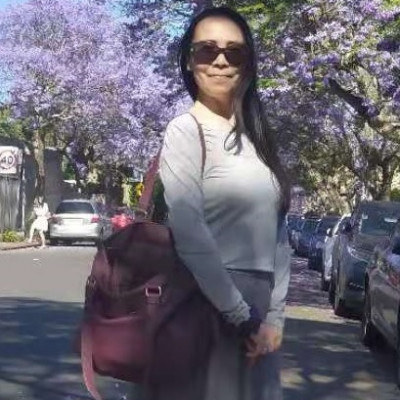Yining Wang
Macquarie University
Yining Wang is currently a Research Assistant in the Department of Linguistics at Macquarie University. Yining Wang completed her PhD in August 2020. Her thesis explored the heritage language maintenance of Chinese migrant children and their families in Australia. Her research areas cover bilingual education, multilingualism, Chinese migrants’ children’s education, Chinese heritage language maintenance, and Chinese immigrant religion in Australia. Yining Wang had been working for eleven years as a lecturer at Zhuhai Campus of Beijing Normal University in China.

Sessions
Macquarie University Graduate Student Showcase 2
Exploring the fostering of critical thinking in English teacher education Nu Anh VO This presentation addresses methodological issues in a study on exploring the fostering of students’ critical thinking in English language teacher education. The study is a comparative case study of two Master’s programs in Applied Linguistics/TESOL in Australia and Vietnam. Heritage language proficiencies of Chinese immigrant children in Australia Yining WANG Adopting a sociolinguistic ethnographic approach, this study investigates heritage language proficiencies of Chinese immigrant children and contributing factors. The findings show that that their proficiency outcomes vary with age of migration, family language policy, use of print resources, and peer influence. Using Fitbits to physiologically measure language learner speaking anxiety Jonathan SHACHTER The main objective of this project is to develop and test a proof of concept software measurement tool, which can be used to collect HR measures (in a classroom) using a software Application Programming Interface (API) provided by FitBit, Inc. The pragmatics of swearing, (potentially) offensive, and taboo language in English Joshua WEDLOCK This presentation addresses the rationale for investigating how nonnative English speakers perceive and understand swearing and taboo language in two different contexts (Australia, South Korea). In addition, the importance of this provocative linguistic style for EFL/ESL learners is discussed.